 Japanese Kanji
Japanese Kanji
The Kanji ‘俺’ (Ore): Origins, Meaning, and Usage
 Japanese Kanji
Japanese Kanji  Japanese Kanji
Japanese Kanji  Japanese Kanji
Japanese Kanji  Japanese Kanji
Japanese Kanji  Japanese Kanji
Japanese Kanji  Japanese Tourist Spots
Japanese Tourist Spots  Japanese Kanji
Japanese Kanji  Japanese Kanji
Japanese Kanji  Japanese Traditional Crafts
Japanese Traditional Crafts  Japanese Kanji
Japanese Kanji  Japanese Kanji
Japanese Kanji  Japanese Kanji
Japanese Kanji  Japanese Kanji
Japanese Kanji  Japanese Kanji
Japanese Kanji  Japanese Kanji
Japanese Kanji  Traditional Japanese Colors
Traditional Japanese Colors  Japanese Kanji
Japanese Kanji  Traditional Japanese Colors
Traditional Japanese Colors 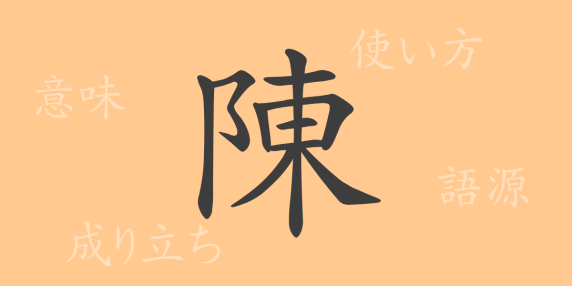 Japanese Kanji
Japanese Kanji 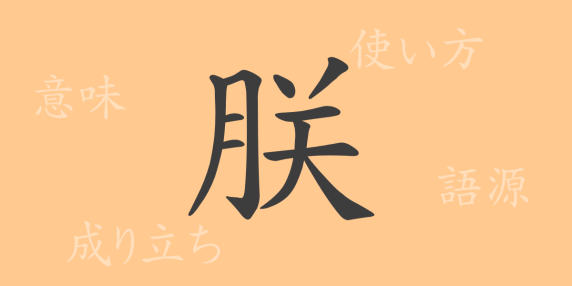 Japanese Kanji
Japanese Kanji 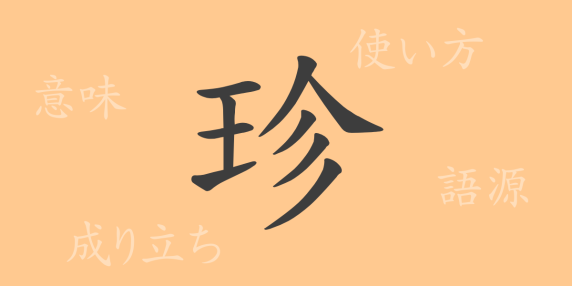 Japanese Kanji
Japanese Kanji 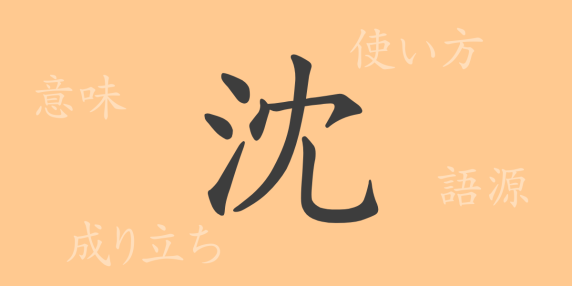 Japanese Kanji
Japanese Kanji 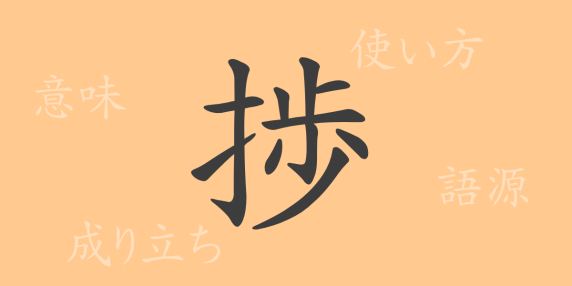 Japanese Kanji
Japanese Kanji 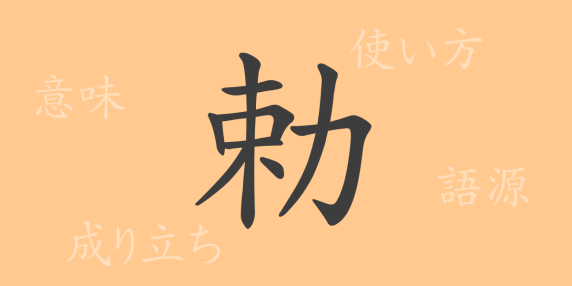 Japanese Kanji
Japanese Kanji 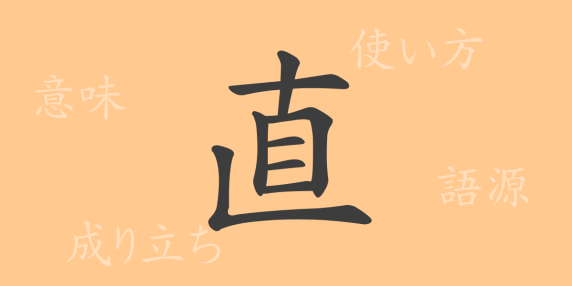 Japanese Kanji
Japanese Kanji 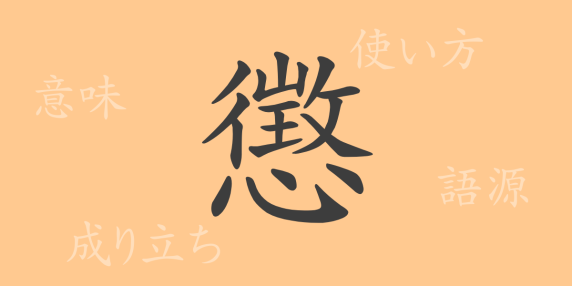 Japanese Kanji
Japanese Kanji 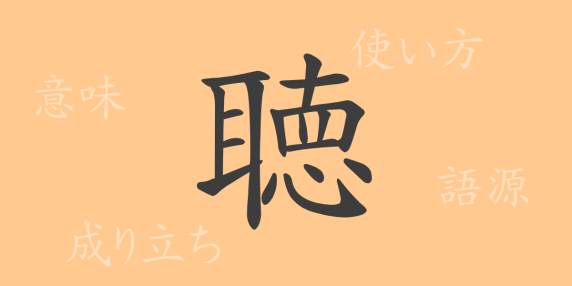 Japanese Kanji
Japanese Kanji 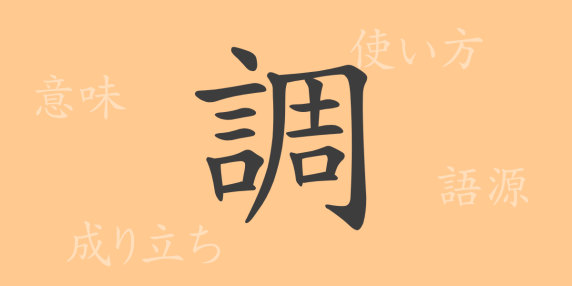 Japanese Kanji
Japanese Kanji